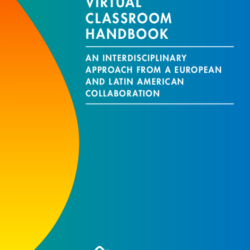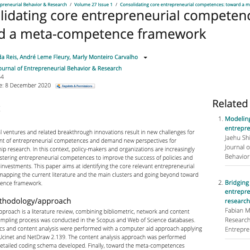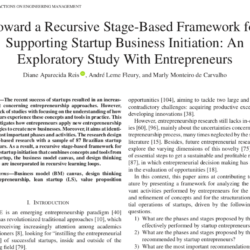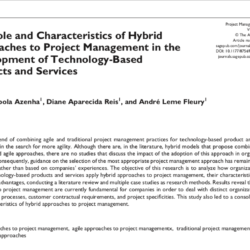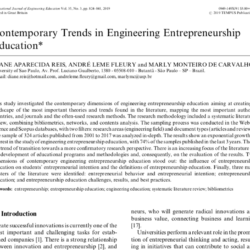Entrepreneurial Virtual Classroom Handbook
The International Virtual Classroom (IVC) we created within the Erasmus+ project LISTO was about entrepreneurship. This handbook describing our experiences may be useful for anyone interested in developing an IVC on entrepreneurship. However, the relevance of this handbook may be of much wider scope. What we learned is not only about entrepreneurship in particular, but[…]

